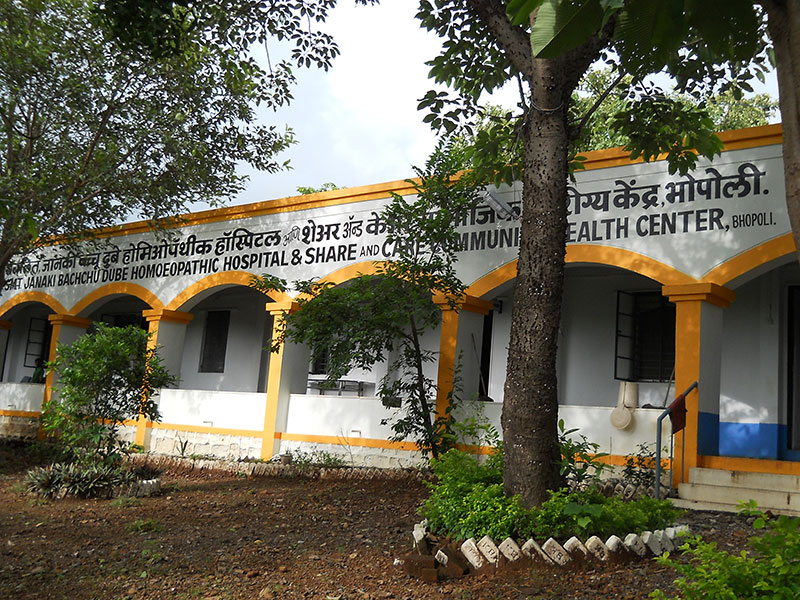The seeds of intervention of the activity to support education in schools were sown when one of our senior doctor on his visit to a pada discovered that children in that pada had no school infrastructure. School was organized in homes and verandahs of the community members and shifted from place to place depending on availability of space. Thus began a long enriching journey for the doctor who with active community involvement supplemented with material support which he organized from donors managed to raise a primary school building!
Age old problems of inequity, poverty, strife, ill health, child malnourishment have their roots in education. Consequently, Community services Group (CSG), Bhopoli in its quest for holistic health and development has been exploring the needs of education posed in its area of operations and nature of contribution it can make.
Scope of the Education Enrichment Programme
Programme:
Each One Teach One (EOTO), an NGO based in Mumbai, active in the field of education with municipal schools evinced interest in partnering with MLDT to expand their work to rural / tribal area. The partnership between the two organizations commenced in 2006 and has played a key role in the development of the Education Enrichment Programme.
Survey by the students of the Tata Institute of Social Sciences highlighted some of the ground realities:
- High drop out rate of children – increasing in secondary school
- Low passing out rate of 10th class students – Failures in Maths and English being the prime causes
- Low Proportion of students pursuing higher education
- Low demonstrable linkages between education and livelihood
Provision of Basic Necessities
- Distribution of uniforms to children from 8th to 10th – emphasis was on those who were economically vulnerable. Our preliminary survey revealed that many children could not afford two sets; some had to carry on with their old set which was worn out. The children would abstain from attending especially during monsoons if the uniform was wet..
- Distribution of exercise books – most children had one or two books in which all subjects would be written which was very inadequate for basic level of need. This was made good through augmenting exercise books.
- Distribution of compass .
- Distribution of teaching aids – maps, black boards, work books and sports equipment.
Support in Upgrading School Infrastructure
- Material support for renovating classrooms for one school
- Clean drinking water through installation of filter
- Toilet block for girls of residential school
Academic Support
- Coaching support for Maths and English for class X students
- Geography map coaching for class X
- Teachers workshops to build their involvement in the education programme and capacity building in innovative action centered pedagogy
General Exposure & Development
- Life skills training through Jidnyasa Trust for class X focusing on the transition to adolescence, coping with stress, knowing their strengths and choosing career
- Educational exposure tour combining entertainment and general awareness.
- Organizing Annual Sports and Cultural Meets between all schools
- Tree planting drive with one school
- Inter school Elocution and drawing competition

